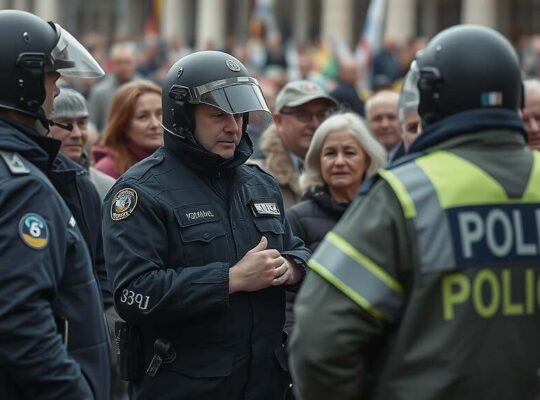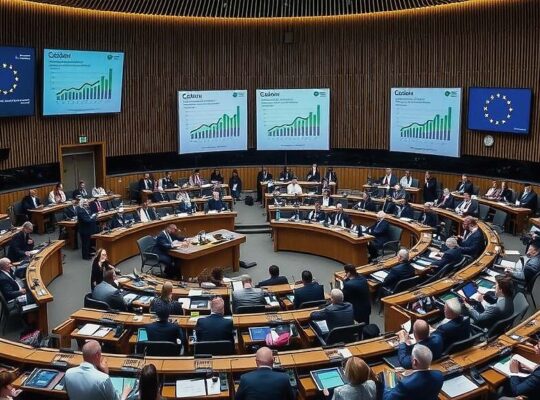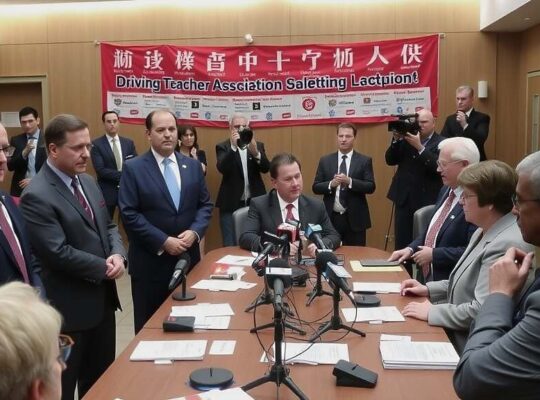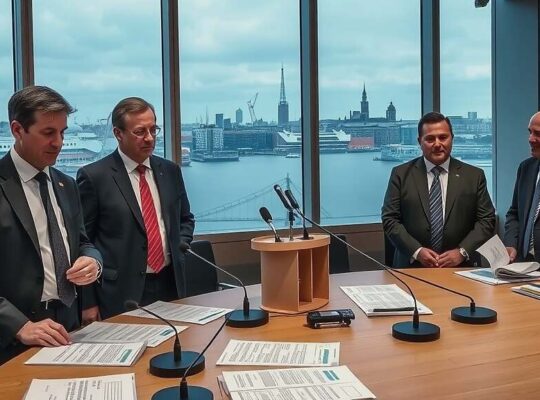The newly elected President of EU.Pol (European Federation of Police Unions), Jochen Kopelke, is issuing a direct challenge to the European Commission and the European Parliament, demanding significantly increased investment in crime prevention and operational capabilities across Europe. Kopelke, formerly Chairman of the German Police Union (GdP) and unanimously elected to his new role on Wednesday, represents a collective of approximately 360,000 police officers within the federation.
His call for action reflects growing concerns within law enforcement circles regarding the efficacy of current strategies in addressing evolving criminal threats, ranging from organized crime to terrorism. Central to Kopelke’s argument is a perceived conflict between increasingly stringent data protection regulations and the need for police forces to have “more operational strength”. He explicitly suggested a reduction in data protection constraints, a provocative statement likely to draw scrutiny from privacy advocates and lawmakers.
The assertion that easing data protection rules will “benefit all Europeans” implies a trade-off between individual rights and collective security, a debate already simmering within the EU. Critics will likely question the proportionality of such measures and the potential for abuse, particularly given concerns about police accountability and oversight.
The timing of Kopelke’s demands is politically sensitive. The EU is currently grappling with debates over enhanced border security, the harmonisation of law enforcement powers and the ongoing need to balance security concerns with fundamental rights. His call reinforces pre-existing tensions between those pushing for a more robust and interventionist approach to security and those advocating for a greater emphasis on civil liberties.
Furthermore, the new President’s position, representing such a large body of police personnel, lends significant weight to his claims. His appeal frames the issue not as a matter of individual force preferences, but as a systemic need requiring immediate political action from the EU’s legislative and executive branches. Whether his message will translate into meaningful investment and policy shifts remains to be seen, but it has undoubtedly placed the debate over European law enforcement capabilities firmly on the agenda.












